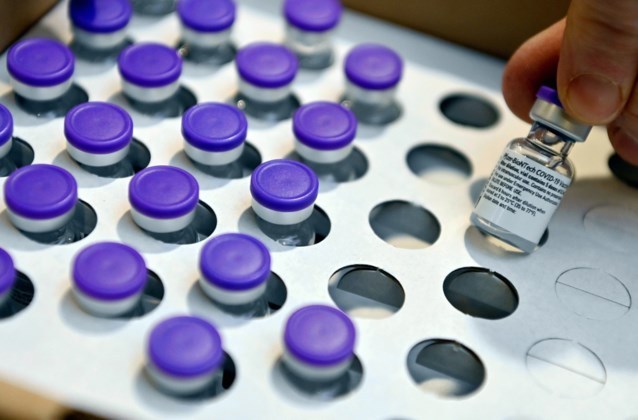The coronavirus vaccines developed by Pfizer, Moderna and AstraZeneca will be manufactured in three additional factories in Europe, as they were approved by the European Medicines Agency (EMA) on Friday.
The agency approved a new manufacturing site of Halix in the Dutch town of Leiden, for the production of AstraZeneca’s Covid-19 vaccine active substance, bringing the total number of manufacturing sites licensed for the production of the vaccine's active substance to four.
By using the Leiden plant, the AstraZeneca company should be able to significantly increase the production of its vaccine. However, the vaccines will likely also be partly intended for the British market.
The EMA also approved a facility in the German city of Marburg for the production of the Pfizer/BioNTech vaccine. In the new plant, both the active substance and the finished product will be produced.
Related News
- 1 in 10 Belgians have received at least one coronavirus vaccine dose
- Pfizer starts trials of coronavirus vaccine in younger children
- EU tightens controls on vaccine exports, as UK feels targeted
According to the agency, there are currently three active substance manufacturing sites supplying the EU included in the marketing authorisation.
An additional production site has also been approved for the production of the active substance and finished product intermediates of the Moderna vaccine: a factory in the Swiss city of Visp.
The permission for this site, however, was already granted last week, and is intended to scale-up production capacity and increase the supply of the vaccine for the EU market.
In addition to the three new production plants, the EMA has also issued a positive opinion for storing Pfizer vaccines at temperatures of between -25°C and -15°C for a one-off period of two weeks.
This means that they can also be stored in ordinary freezers during this period, rather than in special freezers that can cope with temperatures of between -60 and -90 degrees, which should also ensure that the EU's vaccine roll-out can be accelerated.
Maïthé Chini
The Brussels Times

